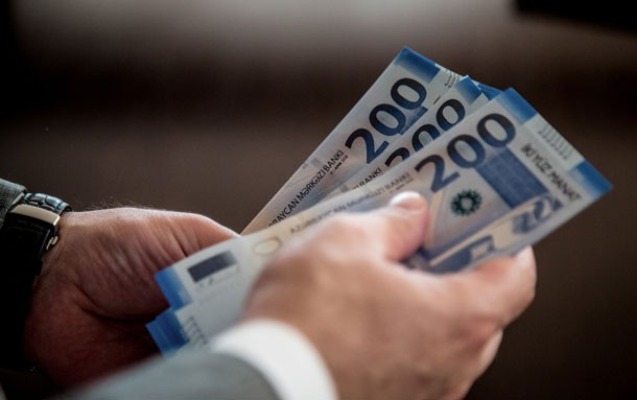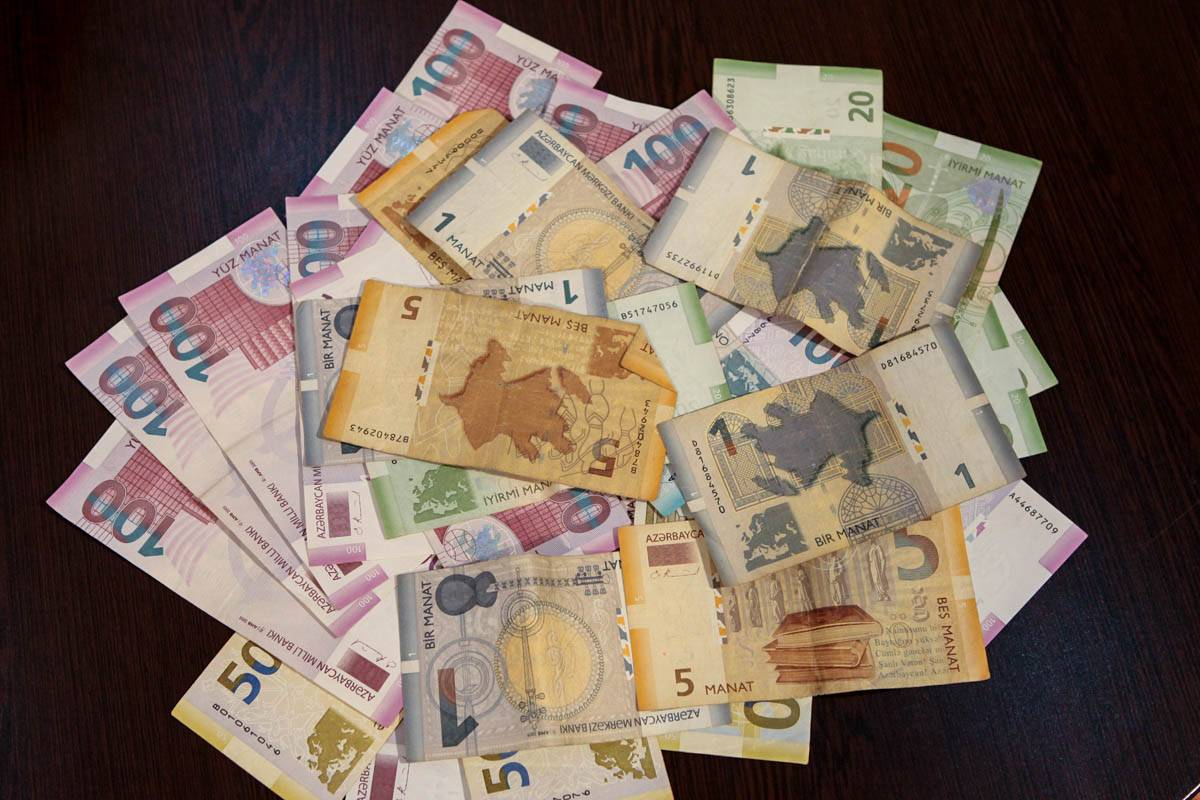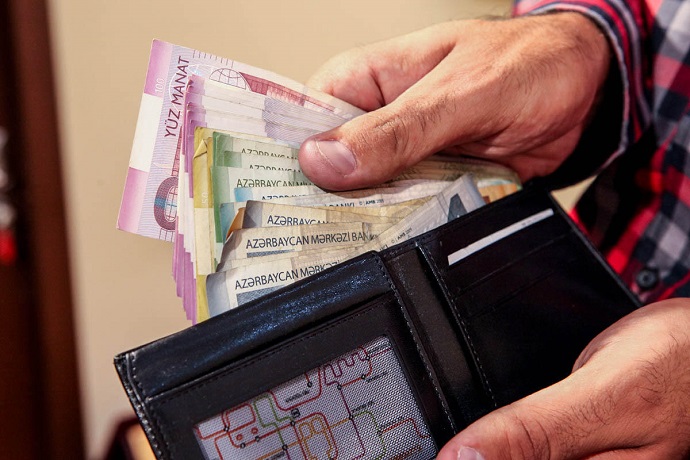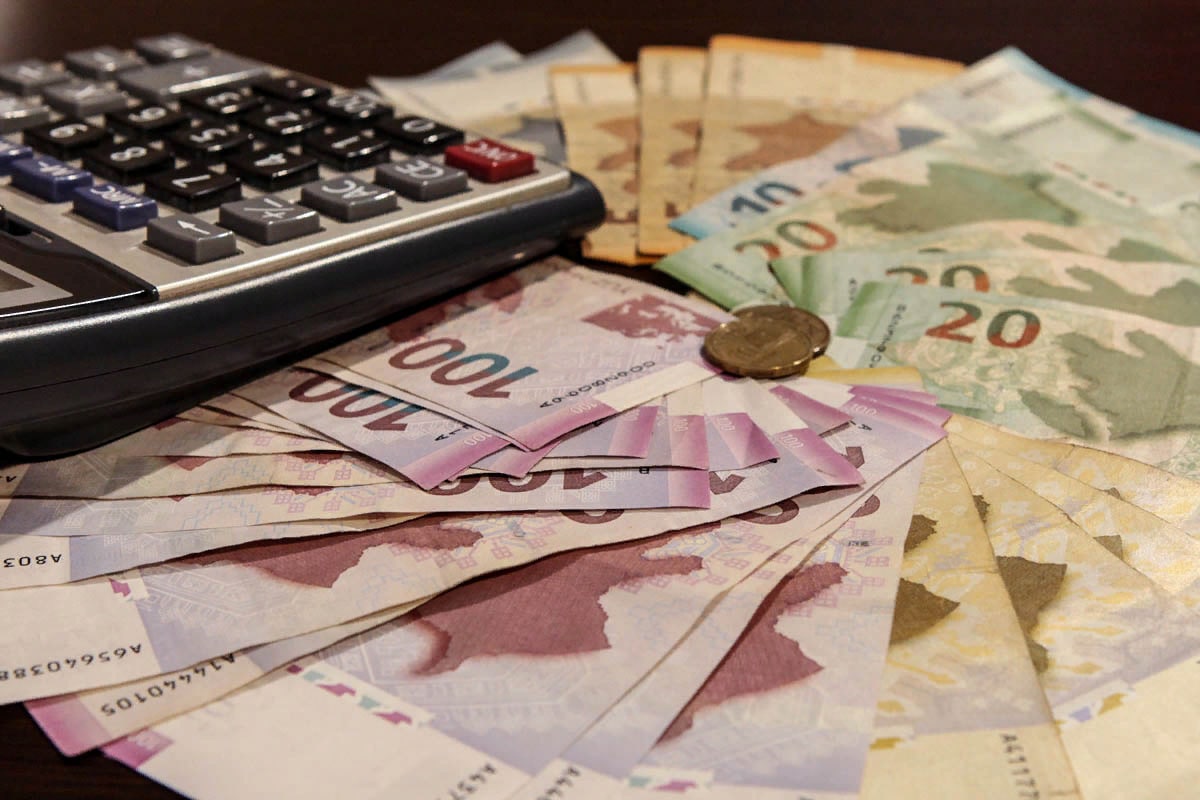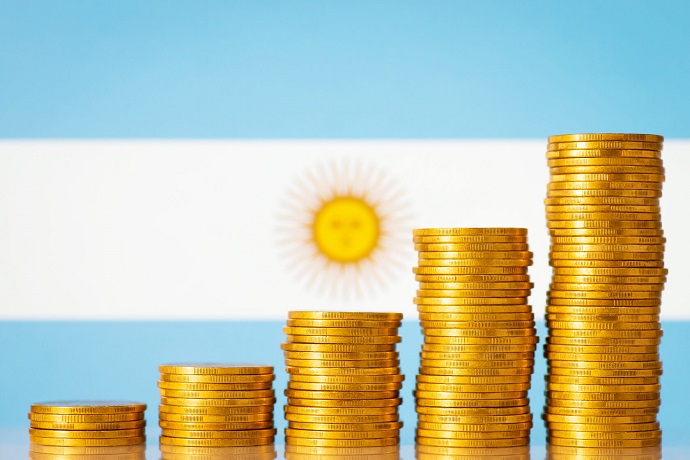The maintenance cost of ATMs network could reach hundreds of thousands dollars annually, thus each bank chooses its own strategy to optimize these expenses. Some banks save by cutting the number of newly placed self-service devices and preferring to provide more services through an Internet bank and motivating clients to make more cashless payments. Other banks, on the contrary, perceive the self-service channel as a promising source of income: their logic is simple - we can spend our money and put up with it, or invest in self-service devices that are able to pay off.
The most obvious way to use ATMs with a benefit to your business is to charge customers a service fee, which will depend on the type of service provided and many other factors. For example, in Poland, the cash withdrawal can cost 3-4% of the amount, in Spain the client can pay up to 6%, and in Russia - up to 400 rubles (6.5 US dollars).
The system’s opacity of such charges misguides people and forces them to refuse to use of "foreign" ATMs, which greatly reduces the availability of the self-service channel for customers trying to save money.
For this reason, banks and independent ATM network operators often avoid direct fees for using devices and providing additional services instead. This way of earning looks much more justified from the point of view of the end user who can get a unique service using the devices of a particular company.
Use of payment services on an ATM
One of the ways to monetize the work of self-service devices is to provide additional services for customers. The combination of the standard functionality of the ATM with the possibilities of payment kiosks allows the end user to pay for utilities and telecommunications services, state duties, fines and various goods. In addition, such devices provide more opportunities to perform operations with bank accounts or money orders.
The bank can build mutually beneficial relations with suppliers of various services, offering to use its fleet of devices as a channel for interaction with customers and retaining commission fees in accordance with the concluded agreements.
A wider range of services and a low service charge compared to competitors can be an important competitive advantage of the ATM network. In some cases, banks and independent operators even manage to adopt functions for receiving payments from units of various state and commercial organizations (hospitals, notary offices, tax services, police departments).
Advanced solutions offer the payment acceptance structure and download of a different analytics on the conducted payment transactions. For example, the solution Payments.iQ offered by banking technology company BS/2 allows you to assess how profitable for an ATM network operator a particular service is. This makes possible to adapt the set of provided services and to adjust the essence of the offered format itself.
Currency exchange at ATMs
A global survey of tourism conducted by several European institutions showed that 6 out of 10 people traveling to other countries on a private or business trip face the problem of cash exchange. Often, the reason for this lies in the inappropriate appetite of the owners of exchange offices located at airports and railway stations. About service fees in some countries, charged from hapless tourists, in the size of a quarter or even a third of the amount exchanged, is possible to tell legends, but unfortunately, it has very true meaning. Nevertheless, currency exchange is a function that is relatively easy to implement on modern ATMs. Moreover, the end customer can receive the necessary funds not only at the airport or other places of mass congestion, but at any outlet where these funds may be required. Thus, the level of availability of the service will be increased several times.
Such functionality expansion of self-service devices requires the implementation of a specialized IT solution. In particular, the deployment of FCX.iQ system, made by BS/2, allows the operator to set the value of the service fee and the availability of exchange of certain currency pairs for each network device, depending on the level of demand for a particular service. This allows turning every ATM into a compact and efficient currency exchange office that does not require any special care and maintenance.
Additional advertising opportunities of the ATM
However, the profitability of self-service devices can be increased even without any users’ fees. In order to do this, is enough to realize that in the modern world ATMs are excellent platforms for placing targeted advertising. Nowadays, the world has installed more than 3 million ATMs, each of which can display advertising messages, providing users with information about banking and other products. Many banks and independent operators of ATM networks even install additional screens for their devices to demonstrate their own or partner’s advertising. By the way, the advertising screens are dynamic and can vary depending on the scenario of the client's operations with the self-service device, including the possibility of interaction. Thus, the advertiser can count on a sufficiently deep involvement of the client in the essence of the advertising offer, which is especially important for communicating the value of the product and service.
The use of self-service devices opens up new opportunities for the implementation of the Direct Marketing strategy, since the client can be identified according to the various parameters. This allows banks to focus their marketing activities on the most important customers.
Diebold Nixdorf as the world's largest supplier of self-service systems offers for these purposes the Vynamic Marketing solution, which is able to centrally manage the placement of visual advertising messages and obtain statistics on coverage, segmentation and other information on customer interactions.
Anyway, the attitude toward ATM network as exclusively the expense is becoming outdated. Financial institutions that remain faithful to the development of their self-service channel are getting very effective tools to increase the profitability of the network of self-service devices, using an additional driver to meet the still actively growing demand for cash.


